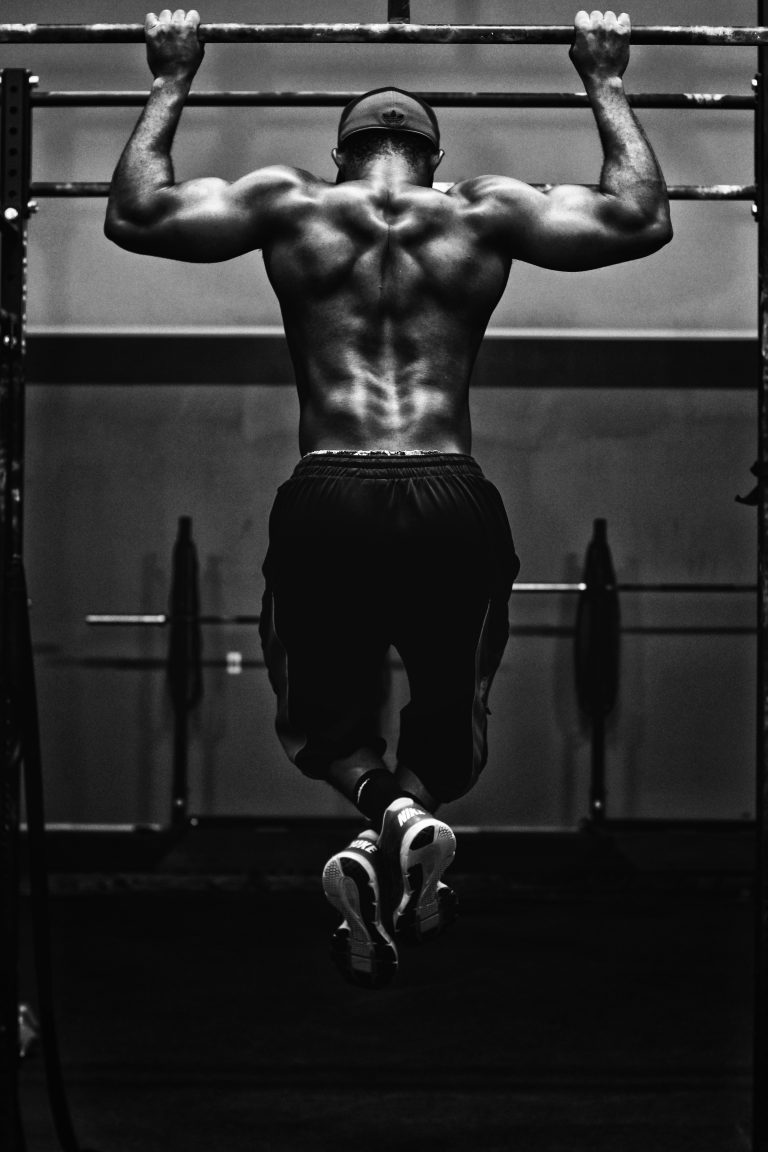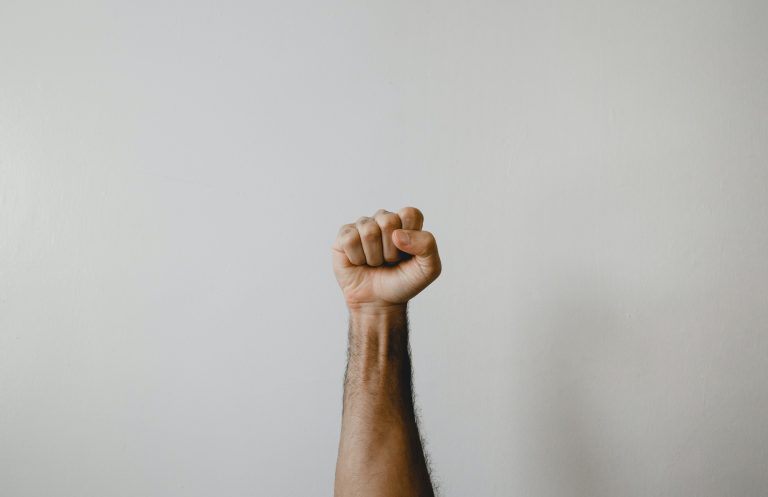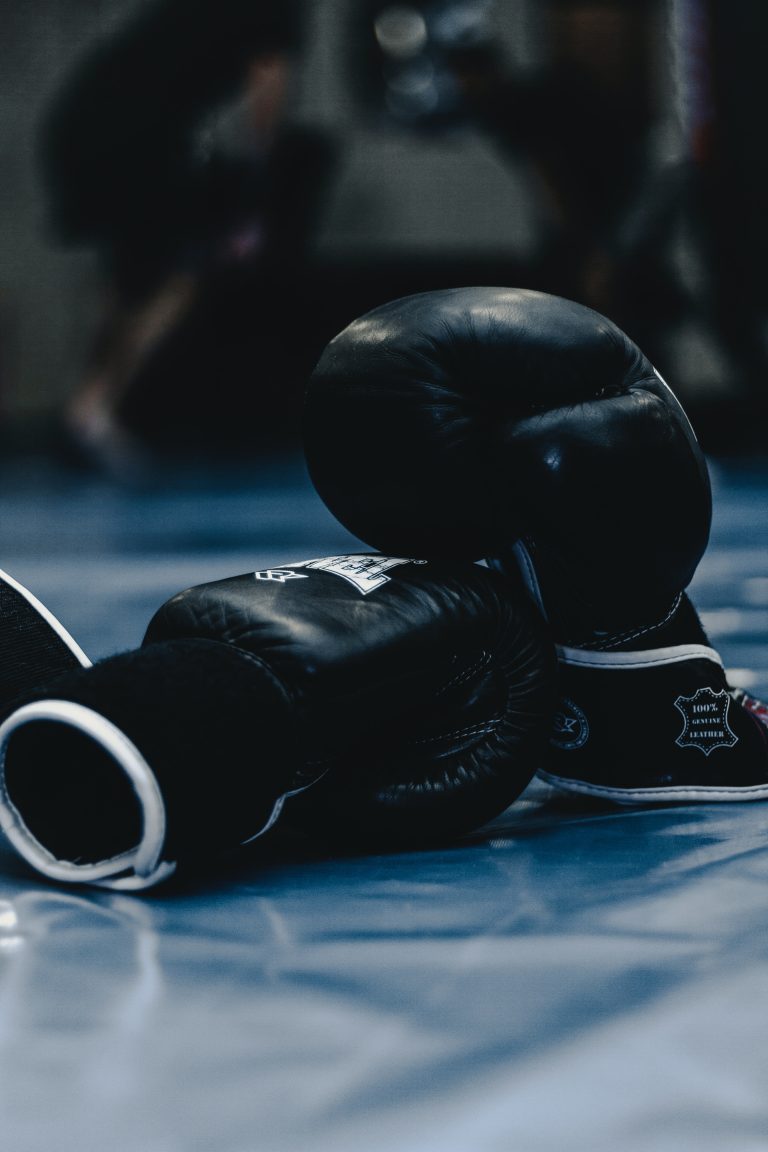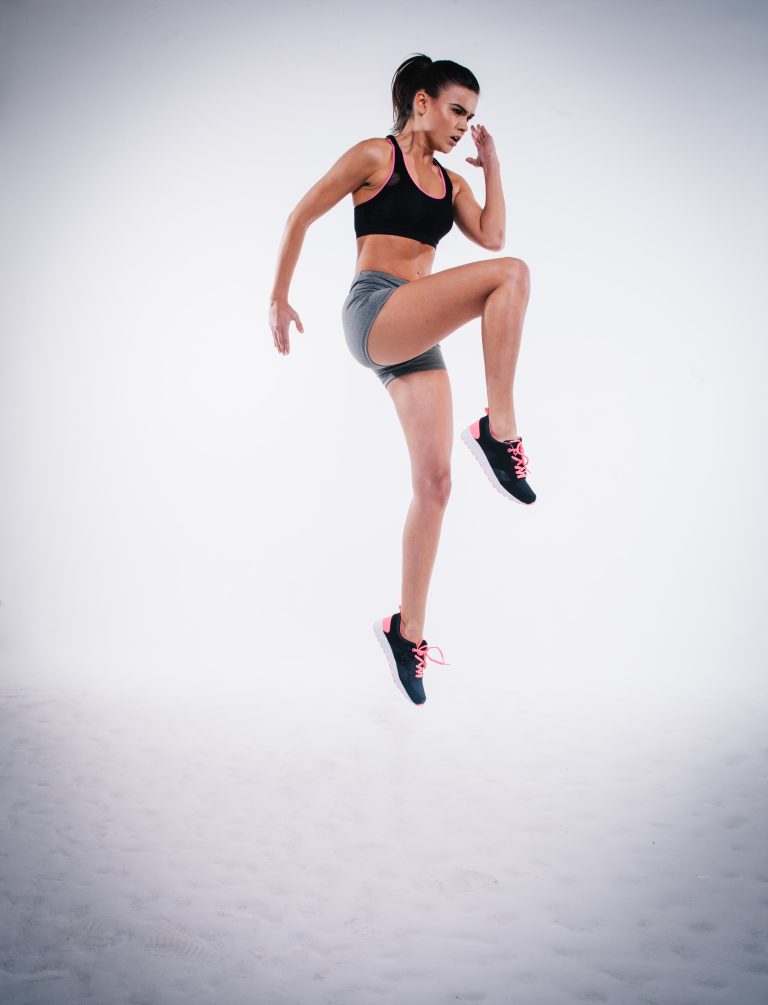Can You Also Learn Karate Without a Teacher?
Karate is a traditional Japanese martial arts style that focuses on striking techniques like punches, kicks, knee strikes, elbow strikes, and even open-hand techniques. For many people, learning karate is a lifelong dream, but finding a teacher or school that is accessible, affordable, or simply a good fit can be a challenge. So, can you also learn karate without a teacher? In this article, we will explore some of the pros and cons of self-directed karate training and share some tips for how to get started.
Pros of Self-Directed Karate Training:
There are many advantages to learning karate on your own:
- FLEXIBILITY: You can learn on your own schedule, at your own pace, and in your own space. This allows you to balance your training with your other commitments and interests, without having to worry about conflicting schedules or transportation issues.
- COST EFFECTIVE: Depending on the resources you use, self-directed karate training can be much more affordable than paying for classes or private lessons. You can save money on things like tuition fees, uniforms, equipment, and travel expenses.
- INDEPENDENCE: Self-directed karate training allows you to take full responsibility for your progress and development. You have the freedom to set your own goals, design your own workouts, and evaluate your own performance. This can be empowering and motivating, especially if you prefer a self-directed learning style.
Cons of Self-Directed Karate Training:
Of course, there are also some disadvantages to learning karate on your own:
- UNRELIABILITY: Without a teacher or coach to guide you, it can be difficult to know if you are doing things correctly. You may be practicing bad habits, using improper techniques, or even risking injury without realizing it. This can lead to frustration, lack of progress, and even harm.
- LIMITED FEEDBACK: Without regular feedback and evaluation from a teacher or coach, it can be hard to improve your skills and develop a deep understanding of karate. You may miss out on valuable insights, corrections, and suggestions that can help you grow.
- MOTIVATION:
Self-directed karate training requires a lot of self-discipline, motivation, and perseverance. Without the accountability and support of a teacher or community, it can be easy to get discouraged or lose interest. You may struggle to stay motivated and may not progress as quickly as you would like.
How to Get Started with Self-Directed Karate Training:
If you are interested in learning karate on your own, there are several steps you can take to get started:
- Set realistic goals: Decide what you want to achieve through your karate training. Is it fitness, self-defense, competition, or personal growth? Once you have a clear idea of your goals, you can design your workouts accordingly.
- Get equipped: You will need a few basic tools to start your karate training on your own, including a training space, comfortable clothing, and possibly some gear like boxing gloves or a punching bag.
- Choose a method: There are many online resources available for self-directed karate training, including books, videos, websites, and apps. Choose a method that suits your learning style and interests, and make sure it is reputable and reliable.
- Be disciplined: Consistency is key when it comes to self-directed karate training. Set a regular schedule and stick to it as much as possible. Track your progress and reward yourself for achieving milestones.
- Seek feedback: While you are training on your own, it’s a good idea to periodically seek feedback from knowledgeable friends, family members or even a professional sensei. This can help keep you accountable and can identify areas where you need improvement.
Conclusion:
In conclusion, learning karate on your own is possible, but it requires discipline, motivation, and self-awareness. The biggest challenge is finding a reliable method and ensuring you are practicing the proper techniques. However, with discipline, consistency, and the right resources, you can make significant progress on your karate journey. Ultimately, the best approach may be a combination of self-directed training and traditional classes or private lessons, as each can offer valuable benefits to your learning and growth.
Can You Also Learn Karate Without a Teacher?
Karate is a Japanese martial art that has been popularized all over the world for its striking techniques, including punches, kicks, knee strikes, elbow strikes, and open-hand techniques. Karate has now become more than just a sport, it is one of the best ways for an individual to improve their physical and mental health.
However, if you’re interested in learning karate, you might be unsure if you can learn karate without a teacher. In this blog post, we will answer some of the most frequently asked questions about learning karate without a teacher.
Is it possible to learn karate without a teacher?
It is possible to learn karate without a teacher, but it would be difficult to become proficient in the technique without any guidance or training. Karate involves a lot of movements that require precise and exact execution, which can be challenging to do without professional guidance.
What are some of the benefits of learning karate with a teacher?
Learning karate with a teacher comes with many benefits, some of which are:
Structured Learning
With a teacher, you will learn karate techniques in a structured manner. They can provide a step-by-step guide to your learning process with a clear path to follow. By learning techniques in a structured manner, you will be able to improve faster and better.
Correct Technique
Without a teacher, you won’t have anybody to correct bad techniques or form. Bad form can lead to injuries and lower your martial arts skills. A teacher can correct or guide you to the correct techniques and form, so you can execute every move with precision.
Real-time Feedback
A teacher can give you real-time feedback during practice, which is essential to improve your skills. They can tell you where you’re making mistakes and how to correct them. This is valuable because it allows you to learn and correct your mistakes before they become a habit.
What resources are available for learning karate without a teacher?
If you want to learn karate without a teacher, there are resources available that can help you.
Online Tutorials
There are many online tutorials available that you can follow to learn karate. Video tutorials are particularly helpful because they can give you a visual representation of how the movements are performed.
Karate Books
Karate books can also be helpful in learning the art form. They offer a written explanation of the techniques, movement, and form that will give you a better understanding of karate.
Join an Online Community
Joining an online community can be a great way to learn karate without a teacher. You can communicate with experienced practitioners and other beginners, ask questions, and get feedback.
Can I learn advanced karate without a teacher?
It is hard to learn advanced karate techniques without a teacher’s guidance. The advanced level of martial arts requires more detailed and advanced techniques that need a trainer’s expertise to teach you. A teacher can correct your small movements that make a difference in executing an advanced technique, which would be nearly impossible to learn without the guidance of a teacher.
Conclusion
In conclusion, learning karate without a teacher is possible, but you won’t be able to reach the level of proficiency that you would achieve with a teacher’s guidance. Having a teacher can help guide you through the learning process, provide feedback, and identify your weaknesses. However, if it’s absolutely impossible to find a teacher or go to a dojo, online tutorials, karate books, and online communities are viable options to help you learn karate. Remember that karate is not just about learning the moves, but also about discipline, focus and respect – values that a competent teacher can instill in you.
Inhaltsverzeichnis






